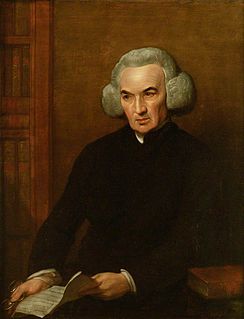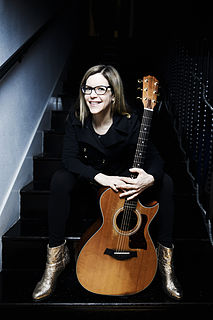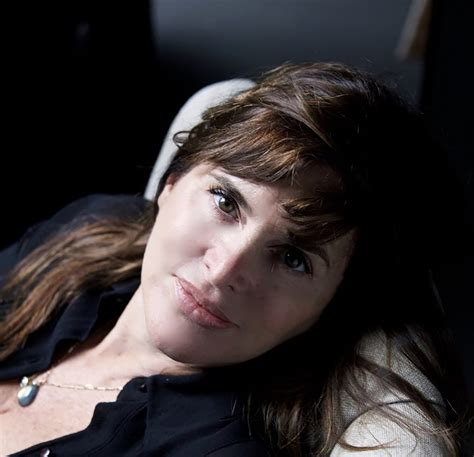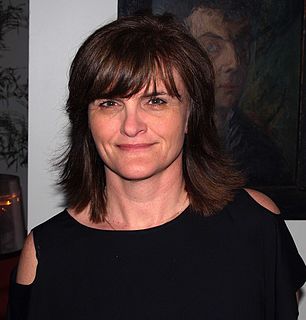A Quote by Suzanne Collins
I don't write about adolescence. I write about war. For adolescents.
Quote Topics
Related Quotes
People write about getting sick, they write about tummy trouble, they write about having to wait for a bus. They write about waiting. They write three pages about how long it took them to get a visa. I'm not interested in the boring parts. Everyone has tummy trouble. Everyone waits in line. I don't want to hear about it.
I write about the power of trying, because I want to be okay with failing. I write about generosity because I battle selfishness. I write about joy because I know sorrow. I write about faith because I almost lost mine, and I know what it is to be broken and in need of redemption. I write about gratitude because I am thankful - for all of it.
There's a lot of material from my life in my books, but they're not really autobiographical, in the sense that they're not about my life. So, in 'A Feather on the Breath of God' I write about my parents, I write about this Russian immigrant, I write about the world of dance, but it isn't an autobiography; so much is left out.
You can write about a country without taking a stand, but you cannot write about a country without noting that there's history, and that there's politics going on. To me, that's the same if you write about America. You don't have to write about politics, but the politics have to be present in the characters.
I write and speak about personal and spiritual growth. One week I write about illness and another week I speak about relationships and another week I write about work and money and another week I speak to people with obesity issues. I write about whatever wounds seem to cry out for more enlightened solutions, and the love that heals them all.




































